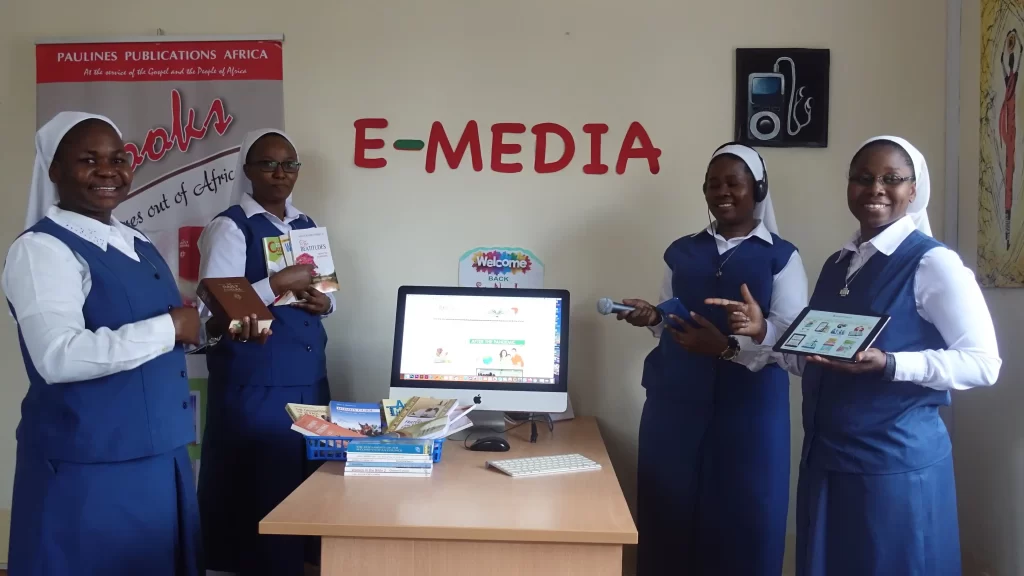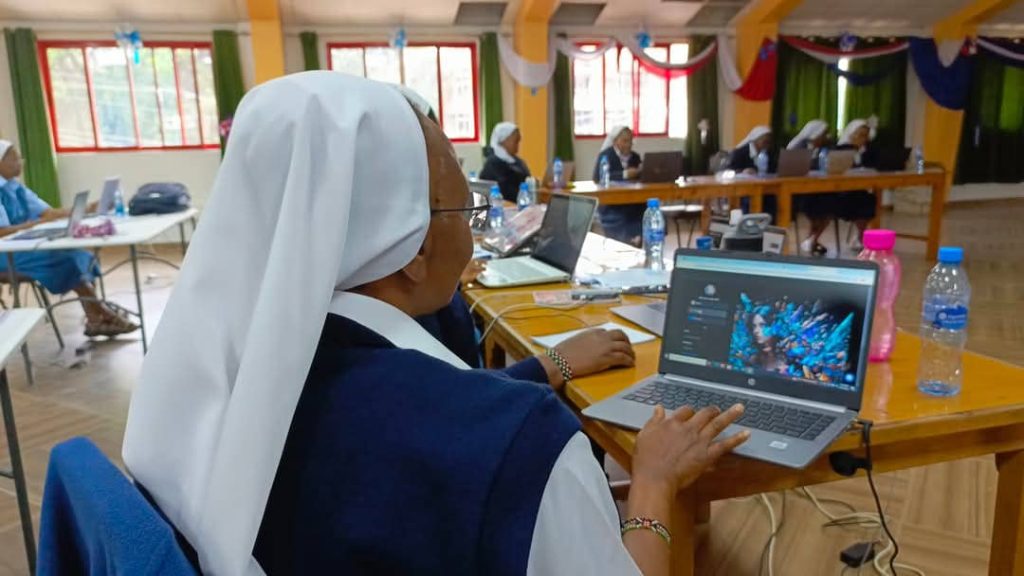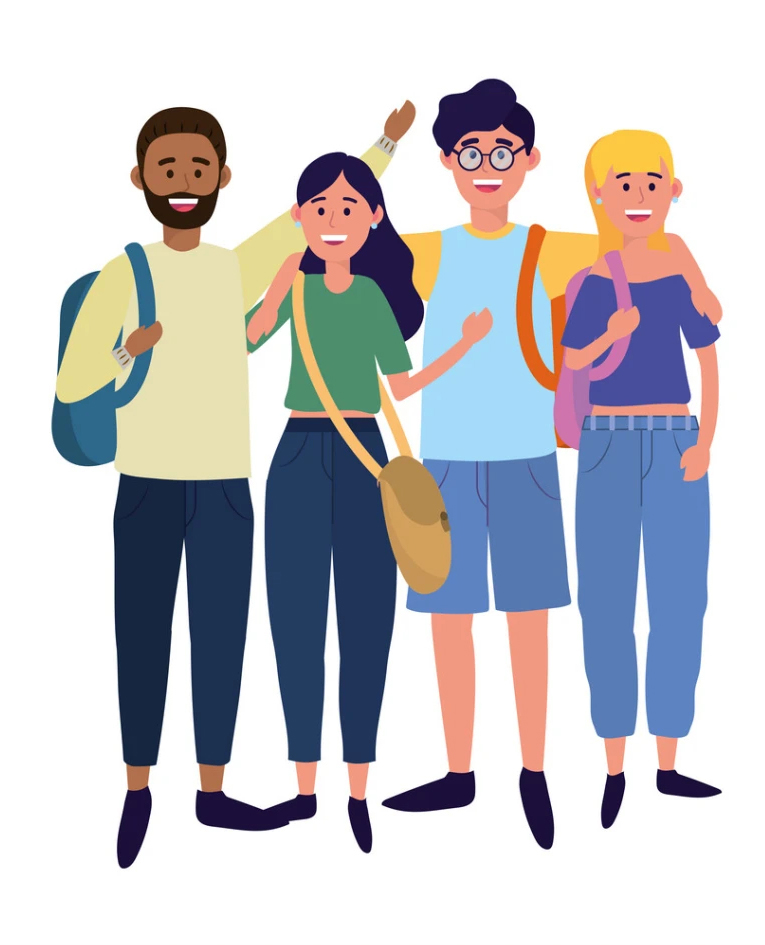MEDIA LITERACY
In our world today, from morning until evening we are surrounded by different means and devices which can easily connect us to the online world. And rightly said, it is a world quite different from this physical world, with its advantages and challenges. Media according to the Oxford Dictionary is “the main means of mass […]




